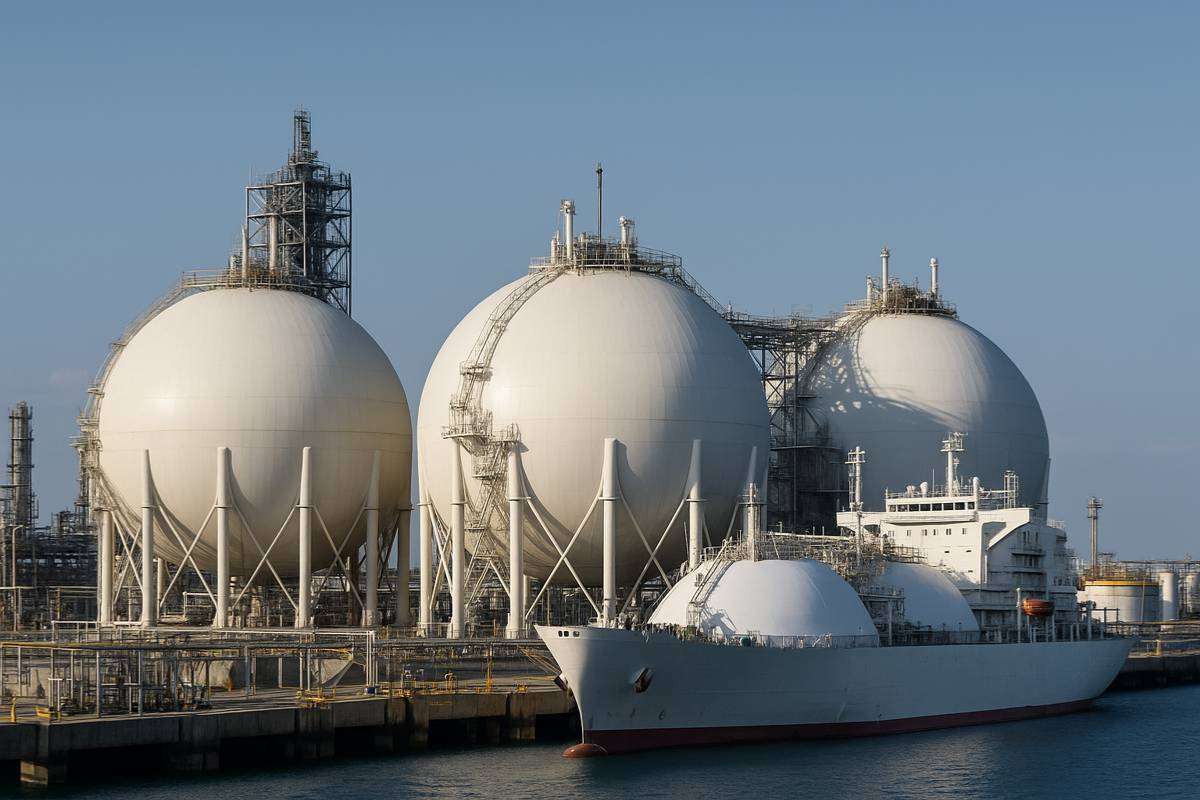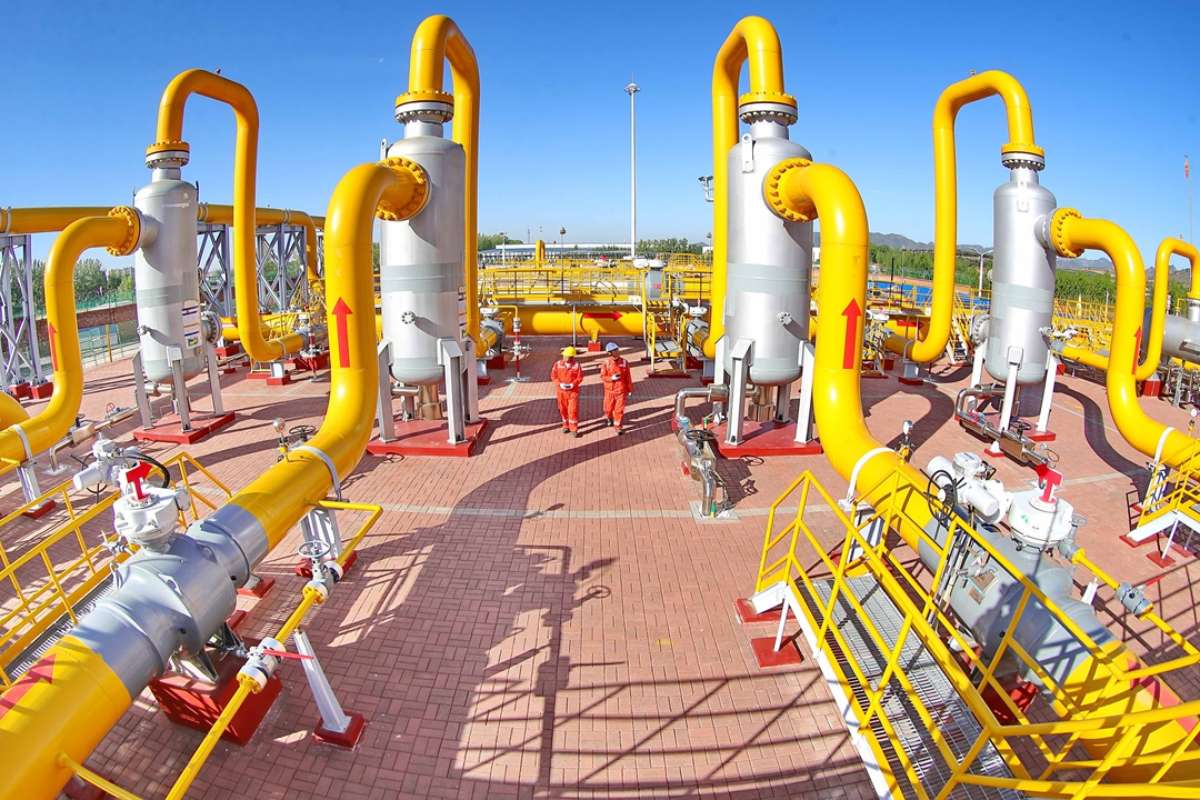In today’s world, where energy consumption continues to rise, optimizing energy usage is crucial for sustainability and cost reduction. Enter Energy Management Systems (EMS), a key technological solution that enables organizations to monitor, control, and improve their energy use. As businesses and industries increasingly seek to reduce their environmental impact and cut operational costs, the adoption of EMS has become a global trend. This article will explore the concept, benefits, and global impact of EMS while explaining why they are essential for organizations aiming to achieve energy efficiency.
What are Energy Management Systems?
An Energy Management System (EMS) is a comprehensive platform or set of tools designed to monitor and manage energy consumption across various sectors, such as industrial, commercial, and residential. EMS integrates hardware and software technologies to collect energy data, analyze consumption patterns, and implement strategies to optimize energy use. Whether it’s through controlling heating, ventilation, air conditioning (HVAC), lighting systems, or manufacturing processes, EMS ensures that energy is used efficiently, reducing wastage and overall costs.
EMS operates through real-time monitoring, predictive analytics, and automation to deliver intelligent insights that help businesses and individuals make informed decisions about their energy use. With the increased availability of IoT devices and data analytics tools, energy management systems have become even more effective in managing complex energy needs.
Key Features of Energy Management Systems
1. Real-Time Monitoring: One of the core features of the management of energy systems is their ability to track energy usage in real-time. This provides users with up-to-the-minute insights into how much energy is being consumed by specific systems or devices. With this information, businesses can quickly identify inefficiencies, equipment malfunctions, or areas where energy consumption is unexpectedly high.
2. Energy Analytics: Advanced energy management systems come equipped with data analytics tools that allow organizations to analyze historical and current energy data. By understanding patterns in energy consumption, businesses can forecast future energy needs, plan for peak usage periods, and set more accurate energy budgets.
3. Automation: Automation is a key aspect of modern EMS. By automating energy-intensive processes such as HVAC controls, lighting, and machinery operations, businesses can reduce manual intervention while ensuring energy is consumed only when necessary. This not only reduces wastage but also improves operational efficiency.
4. Custom Reporting: EMS can generate customized reports that show energy consumption metrics across different time frames or by various departments. These reports help decision-makers understand the ROI of their energy-saving initiatives and adjust their strategies accordingly.
The Benefits of Implementing Energy Management Systems
1. Cost Savings: One of the most significant advantages of adopting management of energy systems is cost reduction. By optimizing energy consumption, businesses can significantly lower their utility bills. Even small improvements in energy efficiency can result in substantial savings over time. Additionally, many countries offer incentives or tax benefits to companies that implement energy-efficient technologies, further enhancing the financial benefits of EMS.
2. Environmental Impact: As concerns about climate change and environmental degradation grow, many organizations are looking for ways to reduce their carbon footprint. Energy management systems enable businesses to use energy more efficiently, thus lowering greenhouse gas emissions and contributing to global sustainability goals. This is particularly important in industries that consume large amounts of energy, such as manufacturing and transportation.
3. Regulatory Compliance: Many countries are implementing stricter energy efficiency regulations and standards. Energy management systems help businesses stay compliant by providing tools to monitor energy consumption and ensure that operations align with legal requirements. Non-compliance can lead to fines or penalties, so staying on top of regulations is crucial.
4. Improved Operational Efficiency: By optimizing energy use, organizations can also improve their overall operational efficiency. Automated systems reduce downtime and improve the longevity of equipment by ensuring that machinery and devices are only used when necessary. This not only reduces energy consumption but also cuts maintenance costs.
5. Competitive Advantage: In today’s market, sustainability is often seen as a competitive advantage. Companies that can demonstrate their commitment to reducing energy consumption and minimizing their environmental impact are more attractive to consumers and investors. Implementing management of energy systems can help businesses build a strong reputation for corporate responsibility, which is increasingly important in the global economy.
The Global Impact of Energy Management Systems
As businesses worldwide strive to reduce energy consumption and cut costs, energy management systems are playing an increasingly important role in the global economy. According to market research, the global market for management of energy systems is expected to grow significantly in the coming years, driven by factors such as rising energy costs, increased government regulations, and growing awareness of environmental sustainability.
In industrialized nations like the United States, Germany, and Japan, EMS adoption is driven by the need to meet stringent energy efficiency standards. In emerging economies such as India and China, the rapid growth of industries and urbanization is leading to an increased demand for management of energy systems to ensure that energy consumption does not outpace available resources.
Moreover, with advancements in renewable energy sources like solar and wind power, energy management systems are becoming essential for balancing energy supply and demand. These systems are crucial for integrating renewable energy into the grid, as they help manage the variability of these energy sources and ensure that they are used effectively.
The Future of Energy Management Systems
The future of energy management systems is promising, with technological advancements making them more accessible, user-friendly, and cost-effective. The rise of artificial intelligence (AI) and machine learning (ML) is expected to revolutionize EMS by enabling more accurate predictions and automated responses to changes in energy demand.
Additionally, as the world continues to shift towards renewable energy, EMS will be critical in managing the complexities of distributed energy resources, such as solar panels and battery storage systems. These systems will help ensure that energy from renewable sources is used efficiently and that businesses can optimize their energy usage in real-time.
Conclusion
Energy management systems are not just a tool for reducing energy consumption—they are an essential part of the global push towards sustainability and operational efficiency. By providing real-time insights, automation, and advanced analytics, EMS allows organizations to save on costs, reduce their environmental impact, and comply with regulatory standards. As the global energy landscape evolves, the importance of management of energy systems will only continue to grow. For businesses looking to stay competitive in an increasingly energy-conscious world, investing in EMS is a smart and necessary step.












